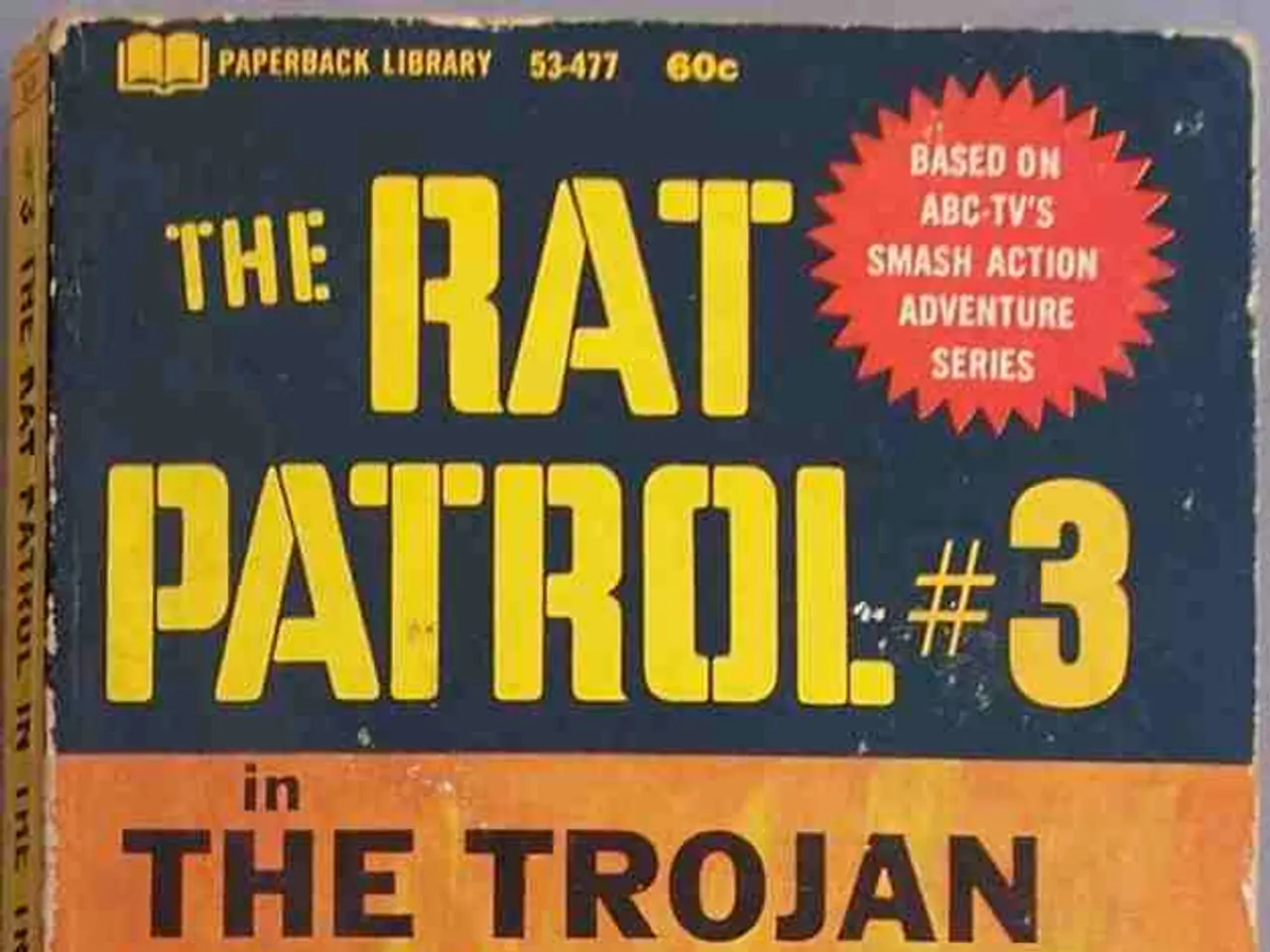Ceasefire in sight? Key disputes following the Ukraine summit meeting - Conflict Arising Post Ukraine Meeting
In the ongoing conflict between Ukraine and Russia, negotiations remain highly contentious and show limited concrete progress. The Russian Foreign Ministry has reaffirmed that it will not accept troops from NATO countries for peacekeeping in Ukraine after a ceasefire.
Amidst this impasse, Germany remains closely by Ukraine's side, with Chancellor Olaf Scholz taking a leading role among European allies. The negotiations, as of late August 2025, centre around key points such as security guarantees, a ceasefire, territorial concessions, and direct talks between the conflicting leaders.
Ukraine and its Western allies insist on concrete, legally binding security guarantees to prevent future Russian aggression. These guarantees are envisioned as multidimensional—military, diplomatic, legal—and may include NATO-like mutual defense assurances, though the US and Europe are cautious about formal NATO membership for Ukraine.
Ukrainian President Volodymyr Zelenskyy calls for a full ceasefire, proposing that the current frontline serve as a starting point for negotiations. However, Russia’s leadership, including President Vladimir Putin, reportedly rejects a full ceasefire until its territorial demands are met, especially control over the entire Donetsk Oblast.
Russia demands recognition of its control over Crimea and all of Donetsk Oblast as a precondition for peace talks. The Russian side insists that any agreement must address what it terms the "root causes" of the war—primarily NATO’s eastward expansion and Ukraine’s treatment of Russian-speakers—which in practice means substantial Ukrainian concessions that limit its sovereignty and security policy, including permanent prohibition from joining NATO and constraints on its military capabilities.
Despite US President Donald Trump’s efforts to facilitate negotiations, including talks with Putin and Zelenskyy and engagement with European leaders, there is a consistent Russian refusal to meet directly with Ukraine’s president under US-proposed timelines.
The future of the Zaporizhzhia and Kherson regions is uncertain, as they are each under more than 50% Russian control, but Kyiv still holds sway in the regional capitals. The US President announced that he had begun preparing a bilateral meeting between Putin and Zelensky, with the location and time currently unknown.
Chancellor Merz stated that the planned meeting between Putin and Zelensky should be well-prepared, and Germany will work closely with President Zelensky on this. Zelensky has repeatedly stated that he wants to negotiate territorial questions directly with Putin, but the Ukrainian Constitution does not allow for the abandonment or exchange of territories.
The strategically important cities of Kramatorsk and Sloviansk in the Donetsk region, which Kyiv still holds and does not want to give up, are located in the Luhansk and Donetsk regions. Chancellor Merz also stated that it is important to discuss the scope of security guarantees for Ukraine in the event of a peace agreement, including the possibility of sending Bundeswehr troops to Ukraine.
NATO Secretary General Jens Stoltenberg emphasized that Article-5-like guarantees for Ukraine remain on the table. French President Emmanuel Macron spoke of "reassurance troops on the sea, in the air, and on the ground" that could be provided by Ukraine's allies.
As diplomatic efforts continue, a comprehensive negotiating process involving all parties regarding the Russian offensive war in Ukraine is taking shape. It is speculated that Russia could abandon the occupied parts of the Ukrainian regions of Sumy, Kharkiv, Dnipropetrovsk, and Mykolaiv in exchange for full control of Donetsk and Luhansk.
Zelensky has stated that he wants to meet with Putin without any preconditions and discuss how to end the war. The prospects for near-term resolution appear limited, with ongoing diplomatic efforts focusing on developing security guarantees and encouraging direct talks between the conflicting leaders.
- Amidst the ongoing conflict between Ukraine and Russia, the European Union is increasingly involved in the development of a European strategy for the fight against terrorism, recognizing the potential implications of war-and-conflicts on political stability and general news.
- As both Ukraine and Russia continue to hold firm on their territorial demands, politics surrounding security guarantees, ceasefires, and direct talks between the leaders are dominating the general-news sphere, with the European Union actively participating in the negotiating process.







